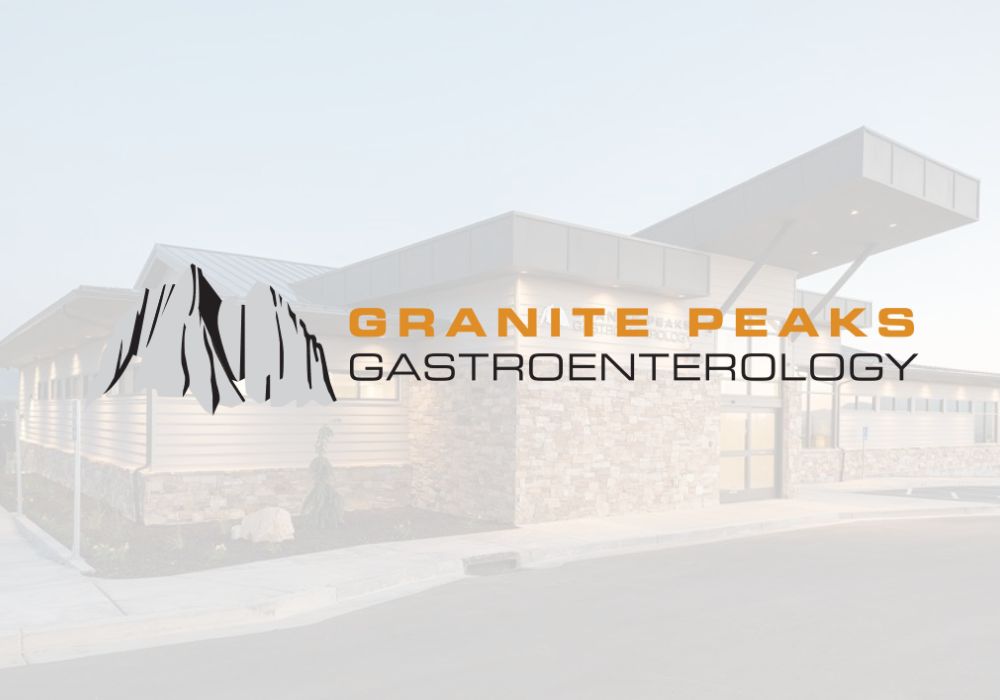By Christopher S. Cutler, MD
How do you know when heartburn or “indigestion” is something more and needs to be treated? The gastroenterology specialists at Granite Peaks GI take time with their patients to determine if such symptoms may be a result of Gastroesophageal Reflux Disease (GERD). One of the red flags is heartburn occurring more than twice a week; although you can have GERD without the presence of heartburn. “If it is GERD, it needs to be diagnosed so further damage to the esophagus is minimized. There are also simple steps that can be taken to manage the disease and immediately improve one’s quality of life,” says Dr. Cutler, who explains more about the disease in the Q & A below.
What is GERD?
When we eat, food is carried from the mouth to the stomach through the esophagus. At the lower end of the esophagus where it joins the stomach there is a ring of muscle cells called the lower esophageal sphincter (LES). After swallowing, the LES relaxes to allow food to enter the stomach. Then, the LES contracts to prevent food and acid from traveling back up into the esophagus. GERD occurs when the LES weakens, allowing stomach contents and acid to back up into the esophagus, causing troubling symptoms or complications.
Who gets GERD and when should you see a doctor?
GERD affects ten million adults in the United States on a daily basis. People prone to developing it include those who are overweight, smokers or drinkers, and pregnant women. If symptoms are prolonged, or if you are unable to control the symptoms with lifestyle modifications and/or medications, you should see a gastroenterologist. Do so immediately if you have these warning symptoms: throwing up blood, passing black stool, difficulty swallowing, unexplained weight loss, or anemia.
What happens if you don’t treat GERD?
Untreated GERD may lead to the following complications: a narrowing of the esophagus which causes difficulty swallowing, ulcers which can cause bleeding, aspiration of acid into the lungs which may cause pneumonia or asthma, Barrett’s esophagus which is a precancerous lining of the esophagus, and esophageal cancer.
How is GERD treated?
Lifestyle modifications, such as the following, can help decrease symptoms: raising the head of the bed (placement of 6-inch blocks under the head of the bed), waiting at least three to four hours after eating before lying down, avoiding tight-fitting clothing, avoiding smoking and alcohol, losing weight, and eating smaller, more frequent meals. Foods that can commonly aggravate GERD include: fatty foods, chocolate, peppermint, alcohol, caffeine, and citrus drinks. There may be other foods specific to each patient. Medication can also be used to help treat this condition, including antacids such as Mylanta or Maalox, H2 blockers such as Zantac or Tagamet, and proton pump inhibitors (PPIs) such as Prilosec or Prevacid.
How is GERD diagnosed?
Your doctor may be able to diagnose this condition based upon your symptoms and response to therapy. If you have any of the classic warning symptoms mentioned above, your doctor may recommend an upper endoscopy. An upper endoscopy is a painless procedure performed under moderate sedation where a tiny lighted camera is passed through your mouth into your esophagus. Your gastroenterologist will be able to see whether there is damage to your stomach or esophageal tissue, and will be able to recommend a treatment plan to address your specific condition.
Talk to the experts at Granite Peaks Gastroenterology at our Sandy or Lehi office to help relieve your symptoms and determine the best course of action to treat your GERD.


